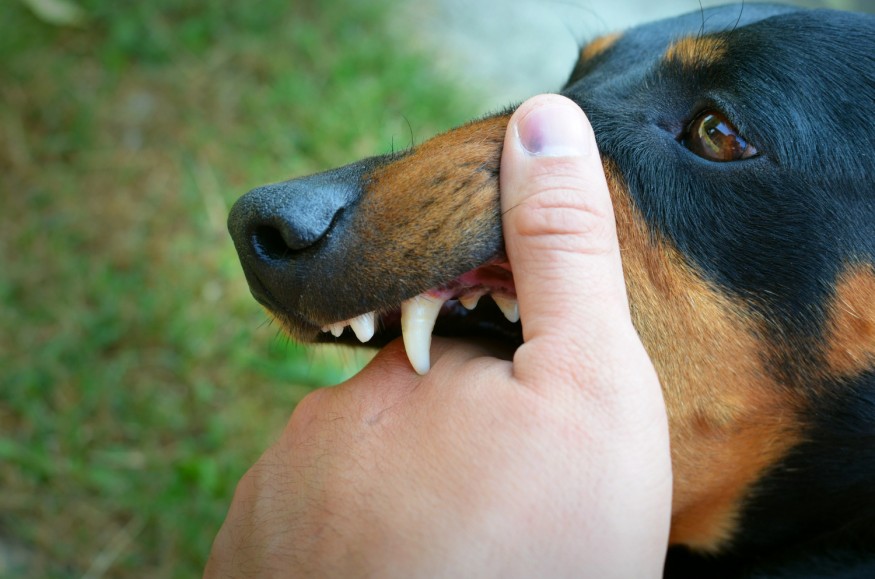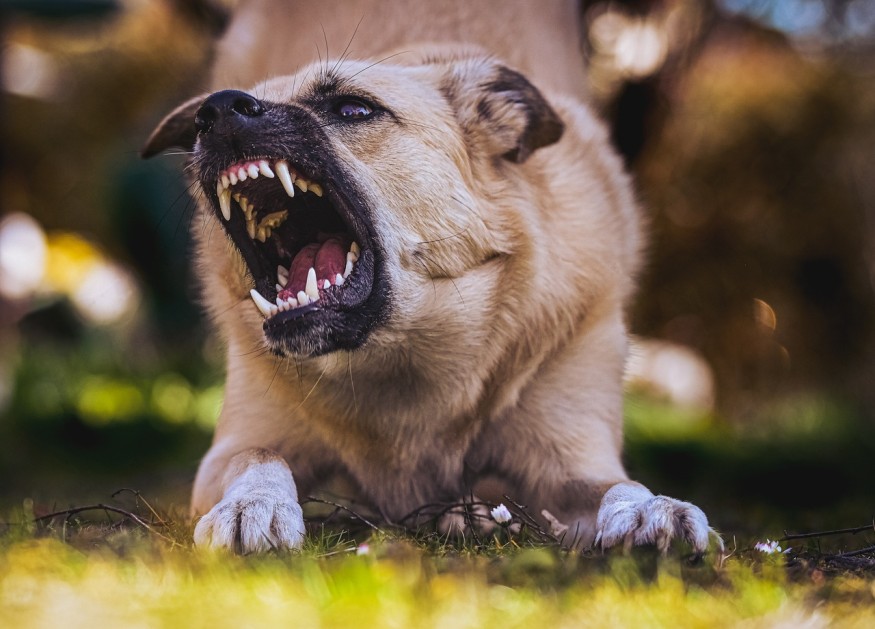How to Take Care of Dog Bite Injury: 6 Steps to Take After the Accident

Every year, about 4.5 million people suffer from dog bites in the US. The result is often hospitalization and, in some unfortunate cases, rabies, which claims the lives of about 59,000 people globally.
But dog bite cases don't just come with medical costs. There's also a legal end to it that you must know about.
The Legal End of Dog Bite Cases
Dog bite laws vary by location; that's true. But in many cases, you might be entitled to compensation for medical bills, lost wages, and other damages.
In case you've been affected, finding the best dog bite lawyer in Utah or others near you can be a great move. These attorneys can help you make sense of the legal process and potentially recover compensation for medical bills and other losses.
Now that you know the legal process, let's get to the medical. Here are the steps you should take after the accident:
1. Immediate Safety
Being bitten by a dog is a shock, but your first priority is ensuring your safety and the safety of others around you. Start by getting away from the dog. This might seem obvious, but adrenaline can cloud judgment.
Move calmly but purposefully to a safe distance. Whatever you do, don't run. Running can trigger a chase instinct in some dogs. Walk quickly and steadily in the opposite direction instead. If you can't escape, curl up into a ball and protect your head and neck with your arms.
2. Control Bleeding
Once you're safe, address any bleeding from the bite. Look for a clean handkerchief, towel, or piece of clothing. If nothing is readily available, use your cleanest shirt as a last resort.
Gently press the cloth directly on the wound. Maintain pressure for several minutes, even if the bleeding seems to slow. If the bite is on an arm or leg, raise it above your heart to help reduce blood flow and swelling.
3. Clean the Wound Thoroughly
After controlling the bleeding, clean the wound to reduce the risk of infection. Run warm tap water over the wound for at least 5 minutes. Use a mild soap, like liquid dish soap or gentle hand soap, to clean around the wound (but not directly on it).
Don't scrub. Scrubbing can irritate the wound and slow healing. Also, stay away from hydrogen peroxide, alcohol, or iodine. These can damage healthy tissue and slow healing.
4. Seek Medical Attention
A dog bite, even a minor one, can harbor bacteria that lead to infection. Seeking medical attention as soon as possible is important.
A doctor can thoroughly clean the wound, check for signs of infection (redness, swelling, pus), and assess for nerve damage or the need for stitches. The doctor can also determine if you need a tetanus shot or rabies prophylaxis (medication to prevent rabies). This depends on your vaccination history and the dog's vaccination status (if known).
The doctor will also document the bite and its severity, which can be helpful for potential legal purposes.
5. Document Everything
While you wait for medical attention, take some time to document the incident. Take clear photos of the wound, including close-ups and shots showing the surrounding area. If possible, take a picture of the entire dog (if safe to do so).
Also, write down the date, time, and location of the bite. Note the dog's breed (if you know it) and any details about its behavior. If anyone witnessed the incident, get their names and contact information. Their statements can come in handy if you need to pursue legal action.
If you know the dog owner, get their full name and contact information, including address and phone number. Also, try to find out if the dog is up-to-date on its vaccinations.
6. Wound Care
Once you've received medical attention, follow your doctor's instructions for cleaning and caring for the wound. Here are some general tips:
- Cleaning: The doctor will likely prescribe a cleaning solution and instruct you on how often to clean the wound.
- Bandaging: Depending on the severity of the bite, you might need to keep the wound bandaged. Follow the doctor's instructions on how often to change the bandage.
- Pain management: The doctor may prescribe pain medication to help manage any discomfort.
- Signs of infection: Be aware of signs of infection like redness, swelling, increased pain, or pus coming from the wound. If you experience any of these symptoms, contact your doctor immediately.
Remember: These are just general guidelines. Always follow your doctor's specific instructions for optimal healing and to minimize the risk of complications.
In Closing

Dog bites are unfortunate occurrences. But following these tips after, one can ensure that you can handle the aftermath both medically and legally. Remember to keep your safety first during the whole process.
Subscribe to Latin Post!
Sign up for our free newsletter for the Latest coverage!

















